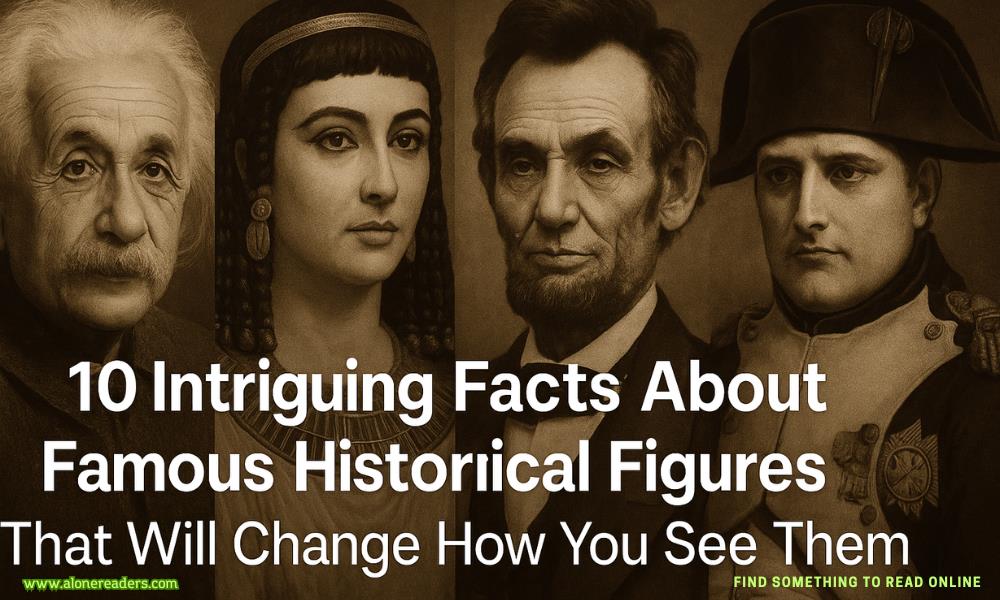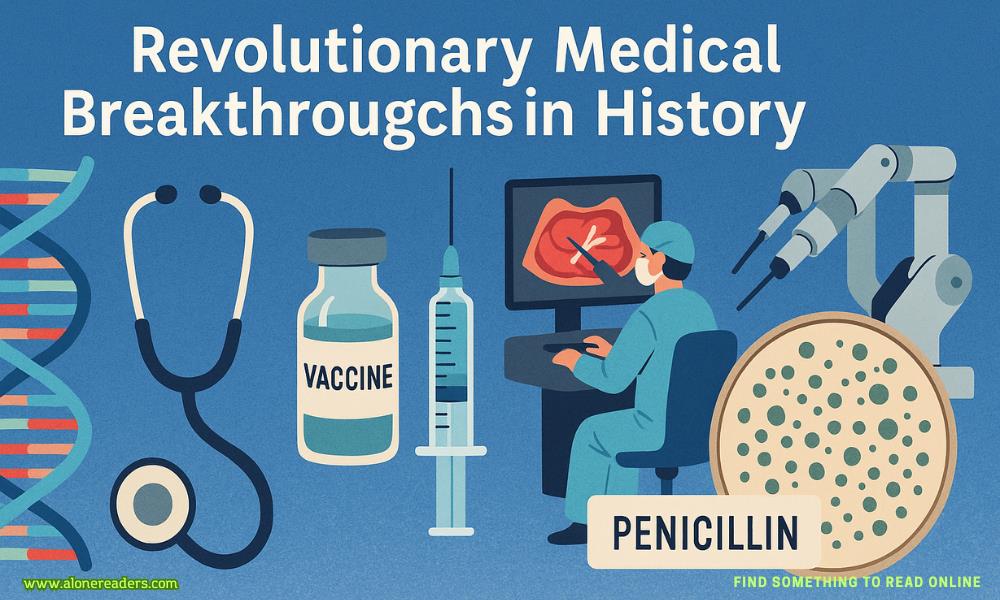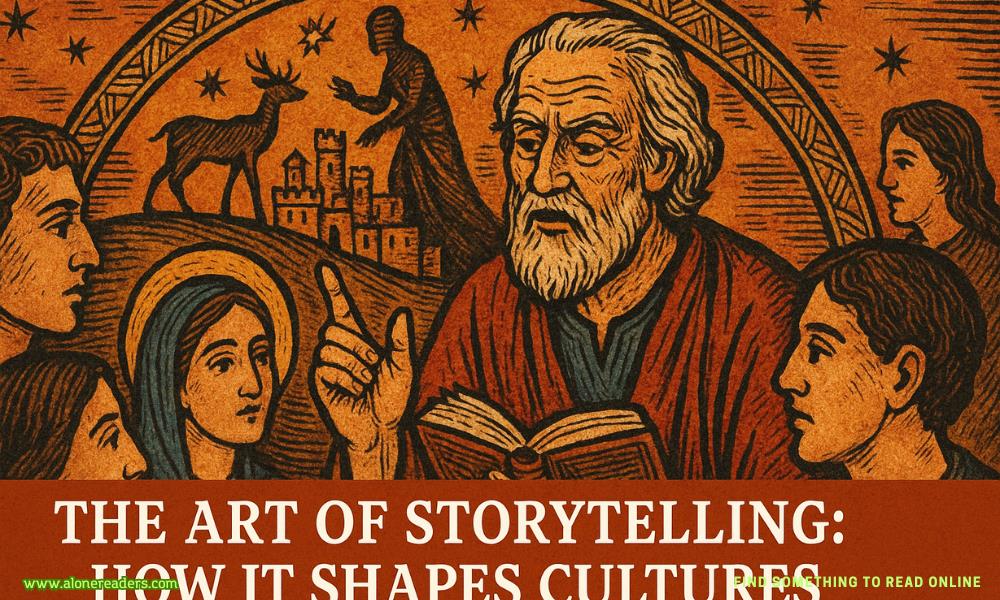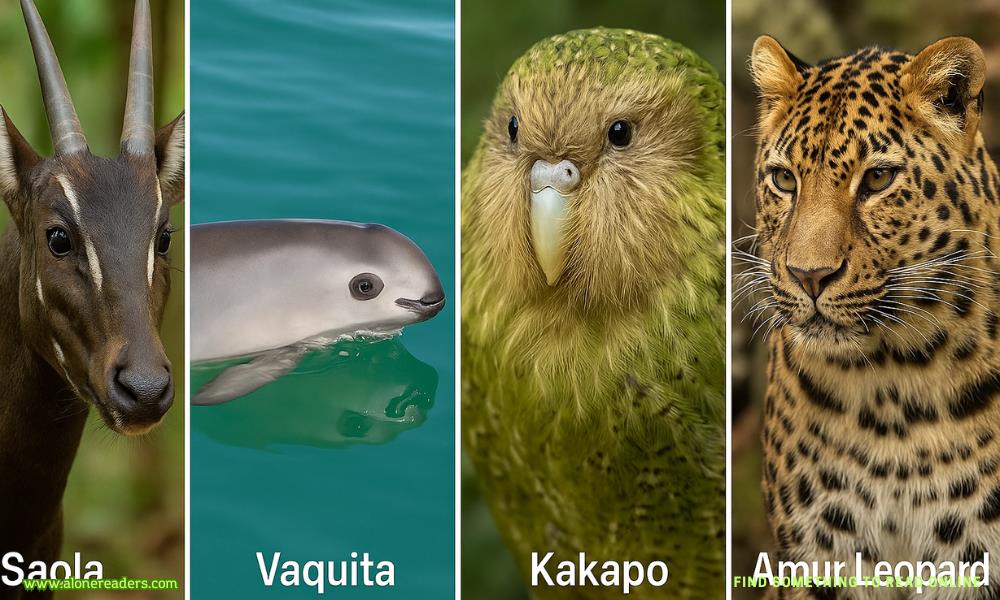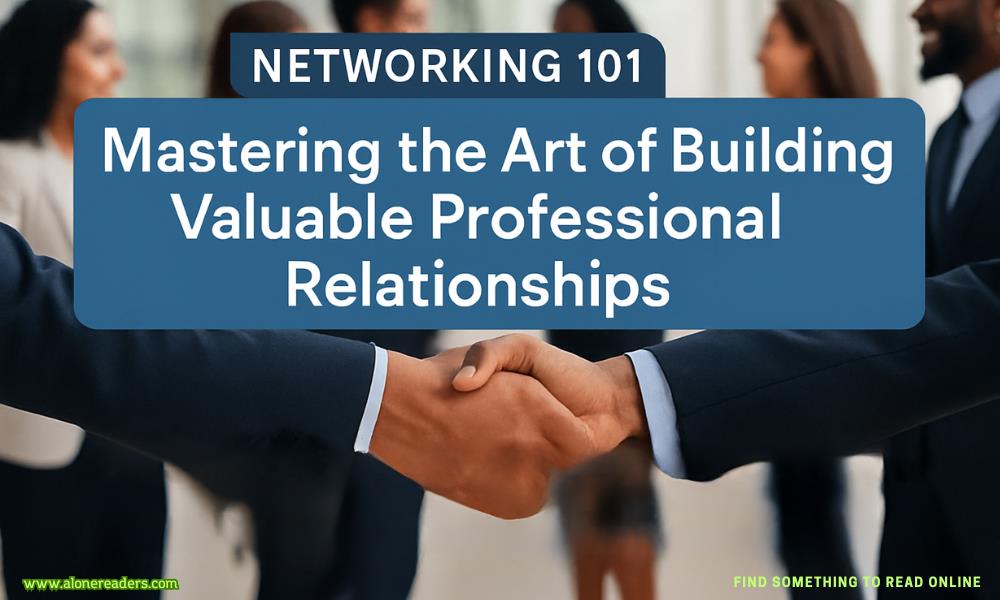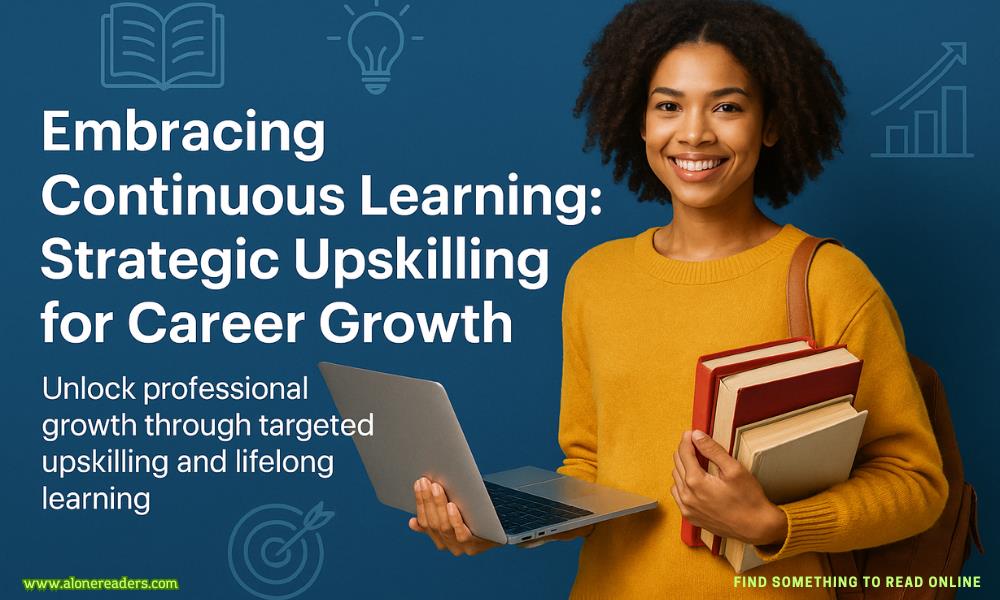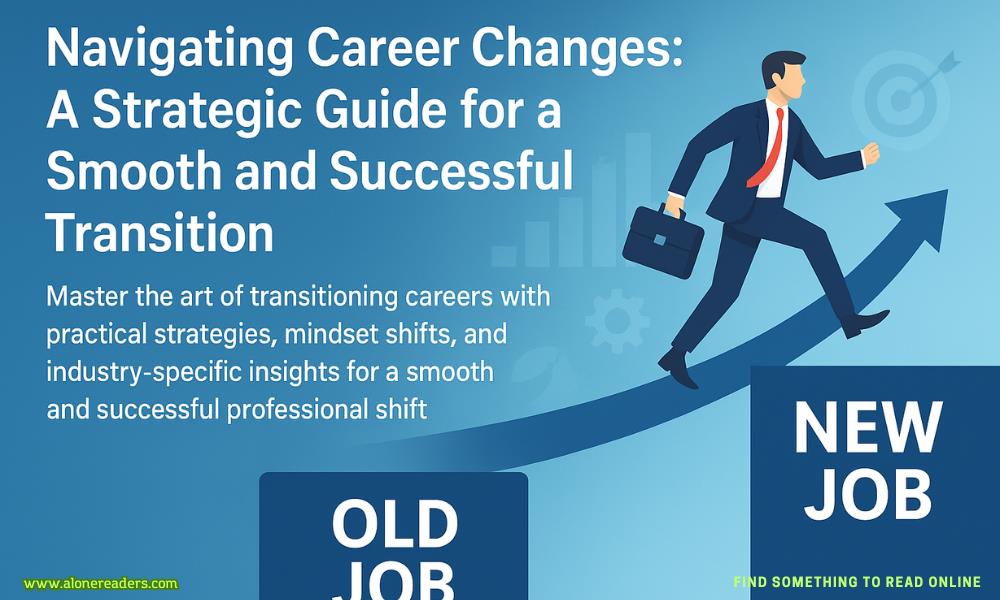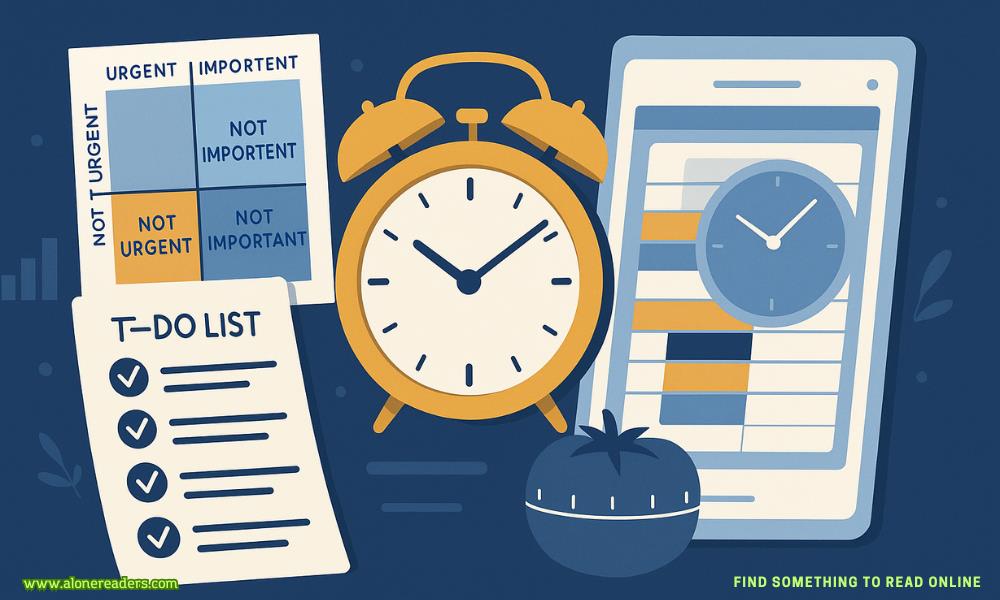Page 13 of Death of the Author
My favorite story to tell is the one about that day on the trawler. When I was still a student at the University of Port Harcourt, I worked for a fishing company to make ends meet. There were whole days I’d spend on that boat hauling fish from the ocean. Our waters are polluted and dying, but our nets were not empty, even if the fish we caught had fed on microplastics and mercury. There was something beautiful about what we’d pull out—mackerel, crabs, shrimp, sardines, little tunny.
Occasionally, we’d see more than fish. I only saw them three times, but each time it happened just as the sun was setting. The first two times, I wasn’t even sure what I was seeing, and none of my colleagues believed me. I was the only one who always watched the water, looking not for fish but for mysteries.
I’ve always been a strong swimmer. When I was a small child, my mother brought me to the river to play while she washed clothes. Since then, I’ve swum in everything from ponds and streams to the deep ocean. The depth of the water does not scare me. Its mysteries have been there since long before I was swimming in my mother’s belly, and they’ll be there long after I’ve swum off into Our Lord’s cosmos.
So I was the one who stood on the edge of the trawler and looked toward the open waters. And that’s why I was always the one who saw the dolphins. The first two times, they were in the distance, leaping out of the water like dark streaks against the orange sunset. The sight of them made me shout and laugh and point. But when everyone came to look, there was nothing, and they all acted like I had seen a spirit.
“Careful, Secret,” the captain said. “That’s how they get you to dive in.”
“I can swim,” I said, paying no mind to his frown.
The third time I saw them, I remember we were about to pull up the nets. Everyone had stood back to prepare for what we would haul in. I stayed where I was. The sunset was beautiful this day, and it was almost over, the reds and oranges fading into soft purple. Then I saw them, not in the distance but right beside the boat. Their dark forms came swimming up to the surface. I shouted for everyone to come see. The dolphins swam in acircle around the boat. I suspect that they wanted a taste of what we were about to pull up. Their heads poked out from the waves and they slapped their fins against the surface of the water to get our attention. I’d never seen anything like it.
“Throw a net!” one of the men, Solomon, shouted. “We catch a few of those, imagine how much they’ll pay at the market! Throw a net!”
“All the nets are in the water!” Akin shouted back.
“Shit!” Solomon said. “If I dive, I go catch am!”
“Then I go use am for pepper soup!” Akin said.
Solomon laughed hard as he leaned over the rail to look below.
The captain yanked him back. “Oh, you be mumu now? We never see you again. Ah, everything na food for this country!”
“Indeed!” Solomon said, still laughing. “Tomorrow, we go see smoked dolphin meat in the market and plenty naira in my pocket!”
Akin started to throw bottle caps from the deck at the dolphins. The creatures dodged the missiles before they even plunked into the water, and I could have sworn one of them even laughed at Akin’s stupidity. I stood there, wondering what had come over him to throw things at such peaceful and mystical creatures. Then I don’t know what came overme. I didn’t think; I slipped off my sandals and jumped in. I hit the water, and as always, it felt like I was flying. I could hear the men shouting my name.
“Secret! What are you doing?!”
“Ah, Secret, you go die, o!”
“Secret!”
But my focus was only on them. The dolphins.
They darted around me in quick circles, bubbles rippling behind their tail fins. Underwater, I could hear them chirping and whistling to one another. I like to imagine that they were surprised, too. Delighted, even. “What is this human doing?” “Can he swim?” “Let’s bite him!” One of themdidbite me, not hard, just a curious nip at my ankle. I went up for a breath and then dipped back under the water just as one was passing by me. I looked it right in the eye, and it was the eeriest moment. The sun wasalmost gone, but some orange rays were still shining into the water, and one of those rays caught the dolphin’s eye at just the right moment. I’ll never forget those eyes. They were large and black, with subtle wrinkles around them. Eyes full of wisdom and cunning. The moment was brief, but it was all I needed to understand that I was in that water with People.
I swam with them for a while, and then I swam back to the trawler because my crew was shouting like crazy at this point. As the men helped me back on, I was laughing. Obi was practically weeping. Solomon was angry as hell. The captain was bellowing at us to haul the fucking fish up already.
We never saw those dolphins again. We saw some manatees once, but that was it. From that point on, the crew called me Secret Salt, because they were all sure I had salt water in my blood after they saw me swim with those dolphins. Most likely, the creatures were migrating and came a little too close to shore. But to me, their presence was a blessing from God. It was reassurance that, despite the pollution, our waters were still alive and occupied.
Zelu loved when I told this story. To my delight, she would always ask for more details—about the dolphins’ eyes, what it felt like when one nipped at me, the sounds of their voices and how quickly they swam. She was fascinated by them, by their freedom.
Her love for this story deepened into something else after her accident, of course. I believe those dolphins came to mean something more to her. And my story gave her confidence. It pulled her out of herself, alongwithherself.
My daughter and stories, sha. Na special relationship.
6
The Terrible Information
I didn’t seek out this terrible information. It found me as I was navigating a mangrove forest’s labyrinthine waterway miles outside of Lagos. I’d been told there was an old warehouse here where some Humes were maintaining a series of information nodes that might hold locally written novels and short stories. But after many hours of trekking through the muddy water with no sign of automation, I was growing discouraged, wondering if I was chasing a rumor.
Then I heard it. A signal. I stopped and listened. Mosquitoes attracted to my warmth buzzed around my head; a snake splashed as it slithered into the swamp; an owl hooted in the canopy above. Beneath all the noise, I could just make it out, more like a feeling than a sound. Almost warm, like audible sunlight. I focused on it until it became stronger. Specific. I captured the signal and then sent a response back like a digital firefly. I waited until finally it came again, this time with coordinates to a physical location. Seconds later, it sent me an additional piece of information, an image of a large book—a form of primitive record that humanity used before their language progressed to binary codes. Suchcollectibles were immensely valuable to Humes. This one had a bright red cover, bearing an embossed title:The Most Important Data on Earth.
My interest was instantly piqued, as any Scholar’s would be. I realize now that the image was almost cartoonishly appealing, but back then, I had little reason to distrust one of my own kind. Of course, there were some AIs who disliked Humes and the way we clung to our machine bodies—we called them NoBodies because though they used physical bodies every so often, they had no physical identity—but this signal had come from something corporeal.




